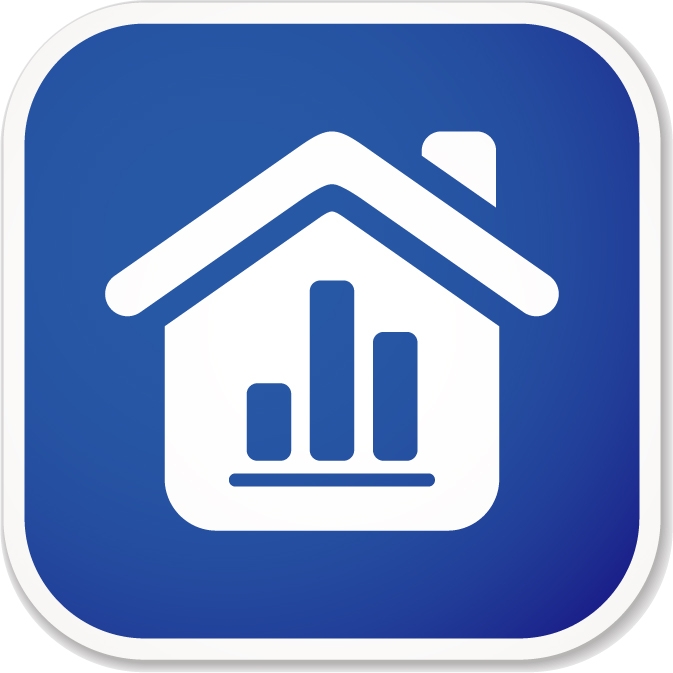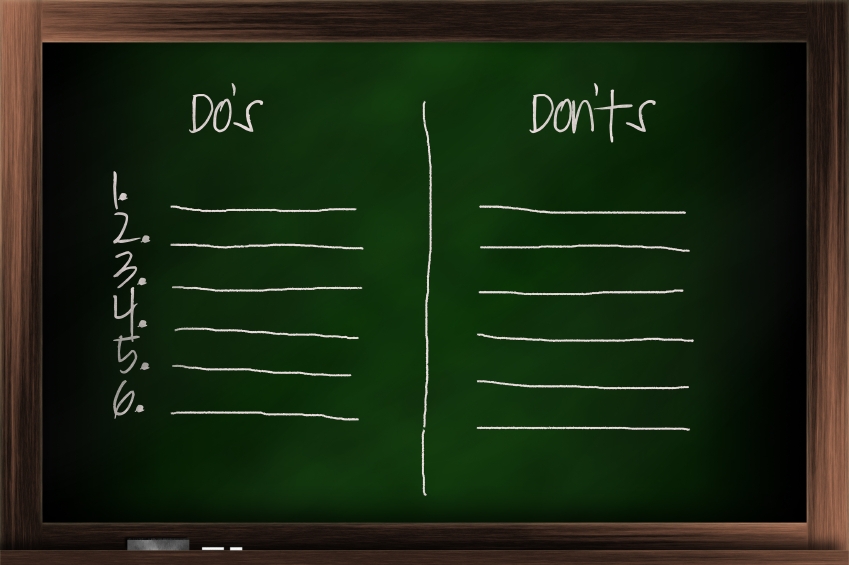You can afford a second home, let us show you how!
Now that low interest Canadian mortgage rates are readily available, it seems like the perfect time to invest in a second home. Here’s what you should know before purchasing a second property.
Things to Learn About Before Buying a Second Home
1) Do your research.
You will need to resist the urge to buy a home because you want a getaway. Research the properties, area, and low mortgage rate options beforehand. This is an investment, not just a vacation.
2) Think long-term.
Take into account the style of home that would suit your family’s needs. You should consider proximity and what you plan to do while you’re there.
3) Visit the area.
Have a look at the area when it’s off-season and put in the time to speak with the people who live there year round. This will help you get a better understanding of the neighborhood.
4) Determine the style of home.
A home requires maintenance regularly, whereas a condo requires that you pay another person to look after it.
5) Shop around for the best mortgage rate.
Your objective should not be loyalty to your bank, but rather getting the most suitable deal.
6) Calculate the extra expenses.
From insurance and maintenance to taxes and repairs, you must consider the additional costs.
7) Consider sharing ownership.
Speak with your siblings, friends, and coworkers. Sharing a vacation property could help create a more feasible investment. Just be careful; mixing business with personal relationship may be difficult. Be certain that you aren’t casual about the deal and compose formal contracts.
8) Make the most of tax benefits.
Did you know you don’t have to pay taxes on rental income if your home is only rented out for no more than 15 days a year? Speak with your bank to get more information about tax loopholes concerning your new property.




